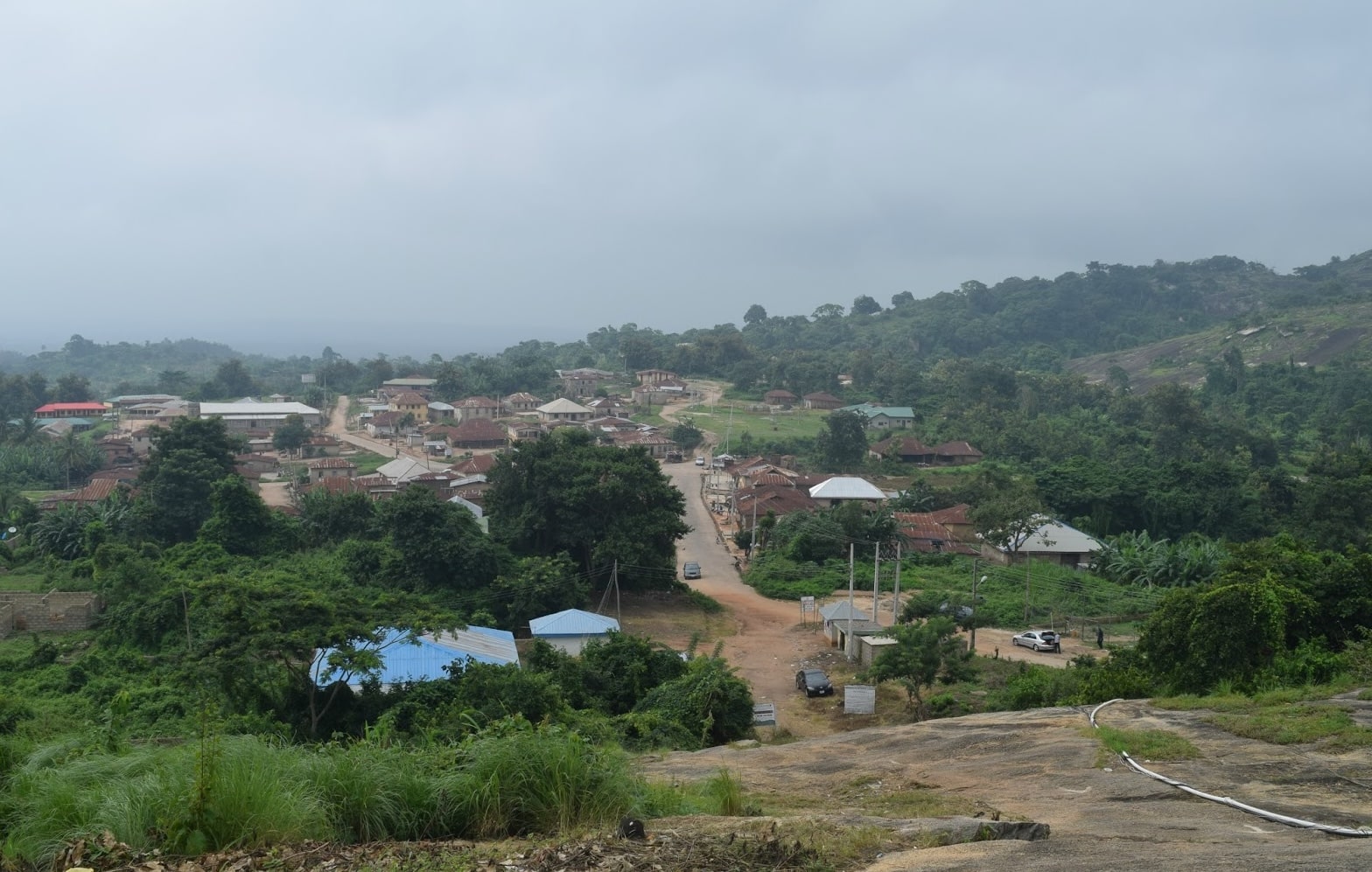
Western Nigeria is a region rich in culture, history, and natural beauty. From bustling cities to serene landscapes, this area offers a unique blend of modernity and tradition. Did you know that Western Nigeria is home to the Yoruba people, one of the largest ethnic groups in Africa? Their vibrant festivals, intricate art, and delicious cuisine are just a few highlights. The region also boasts significant landmarks like the ancient city of Ile-Ife, believed to be the cradle of Yoruba civilization. Whether you're interested in history, culture, or nature, Western Nigeria has something for everyone. Ready to learn more? Let's dive into 25 fascinating facts about this incredible region!
Key Takeaways:
- Western Nigeria is a vibrant region with a rich culture and history, home to the Yoruba people and famous for festivals, traditional art, and delicious cuisine.
- From stunning natural landmarks like Olumo Rock and Erin Ijesha Waterfall to leading universities and a booming economy, Western Nigeria offers a diverse and fascinating experience.
Western Nigeria: A Region Rich in Culture and History
Western Nigeria, known for its vibrant culture and historical significance, offers a wealth of fascinating facts. From its diverse ethnic groups to its unique traditions, this region is a treasure trove of knowledge.
- Western Nigeria is primarily inhabited by the Yoruba people, one of the largest ethnic groups in Africa.
- The Yoruba language, spoken by millions, has several dialects, including Egba, Ijebu, and Ekiti.
- Lagos, Nigeria's largest city, is located in Western Nigeria and is a major economic hub.
- The ancient city of Ile-Ife is considered the spiritual homeland of the Yoruba people.
- The Oyo Empire, one of the most powerful pre-colonial states in Africa, was centered in Western Nigeria.
- Western Nigeria is known for its rich tradition of festivals, including the Eyo Festival in Lagos.
- The region is famous for its traditional art, particularly the bronze sculptures of Ife and Benin.
- Western Nigeria's cuisine includes popular dishes like jollof rice, pounded yam, and egusi soup.
- The region has a strong tradition of music and dance, with genres like juju and afrobeat originating here.
- Western Nigeria is home to several UNESCO World Heritage Sites, including the Osun-Osogbo Sacred Grove.
Natural Wonders and Landmarks
Western Nigeria is not just about culture and history. It also boasts stunning natural landscapes and landmarks that attract tourists from around the world.
- The Olumo Rock in Abeokuta offers panoramic views and has historical significance as a refuge during wars.
- Idanre Hills in Ondo State are known for their breathtaking scenery and ancient inscriptions.
- Erin Ijesha Waterfall, also known as Olumirin Waterfall, is a popular tourist destination with seven cascading levels.
- The Lekki Conservation Centre in Lagos is a haven for wildlife and features Africa's longest canopy walkway.
- Okomu National Park in Edo State is home to diverse flora and fauna, including endangered species.
Education and Innovation
Western Nigeria has made significant contributions to education and innovation in Nigeria and beyond.
- The University of Ibadan, established in 1948, is Nigeria's oldest university.
- Obafemi Awolowo University in Ile-Ife is renowned for its academic excellence and beautiful campus.
- Lagos Business School is one of Africa's leading business schools, attracting students from across the continent.
- Western Nigeria has produced many notable writers, including Nobel laureate Wole Soyinka.
- The region is a hub for technological innovation, with Lagos being a major center for startups and tech companies.
Economy and Infrastructure
Western Nigeria plays a crucial role in Nigeria's economy, with its bustling cities and well-developed infrastructure.
- Lagos is the financial capital of Nigeria, hosting the Nigerian Stock Exchange and numerous multinational companies.
- The region has a well-developed transportation network, including major highways and airports.
- Western Nigeria is a major center for trade and commerce, with markets like Balogun Market in Lagos being among the largest in Africa.
- The region is rich in natural resources, including oil, limestone, and cocoa.
- Western Nigeria's ports, such as Apapa and Tin Can Island, are vital for Nigeria's import and export activities.
Final Thoughts on Western Nigeria
Western Nigeria, with its rich history and vibrant culture, offers a fascinating glimpse into the heart of the country. From the bustling city of Lagos to the ancient city of Ibadan, each location tells a unique story. The Yoruba people, known for their colorful festivals and traditional music, add to the region's charm. Western Nigeria is also home to significant landmarks like the Olumo Rock and the Osun-Osogbo Sacred Grove, both of which attract tourists from around the globe. The region's cuisine, featuring dishes like jollof rice and pounded yam, is a culinary delight. Whether you're interested in history, culture, or just looking for an adventure, Western Nigeria has something for everyone. So, next time you're planning a trip, consider exploring this captivating part of the world. You'll leave with unforgettable memories and a deeper appreciation for Nigeria's diverse heritage.
Frequently Asked Questions
Was this page helpful?
Our commitment to delivering trustworthy and engaging content is at the heart of what we do. Each fact on our site is contributed by real users like you, bringing a wealth of diverse insights and information. To ensure the highest standards of accuracy and reliability, our dedicated editors meticulously review each submission. This process guarantees that the facts we share are not only fascinating but also credible. Trust in our commitment to quality and authenticity as you explore and learn with us.
